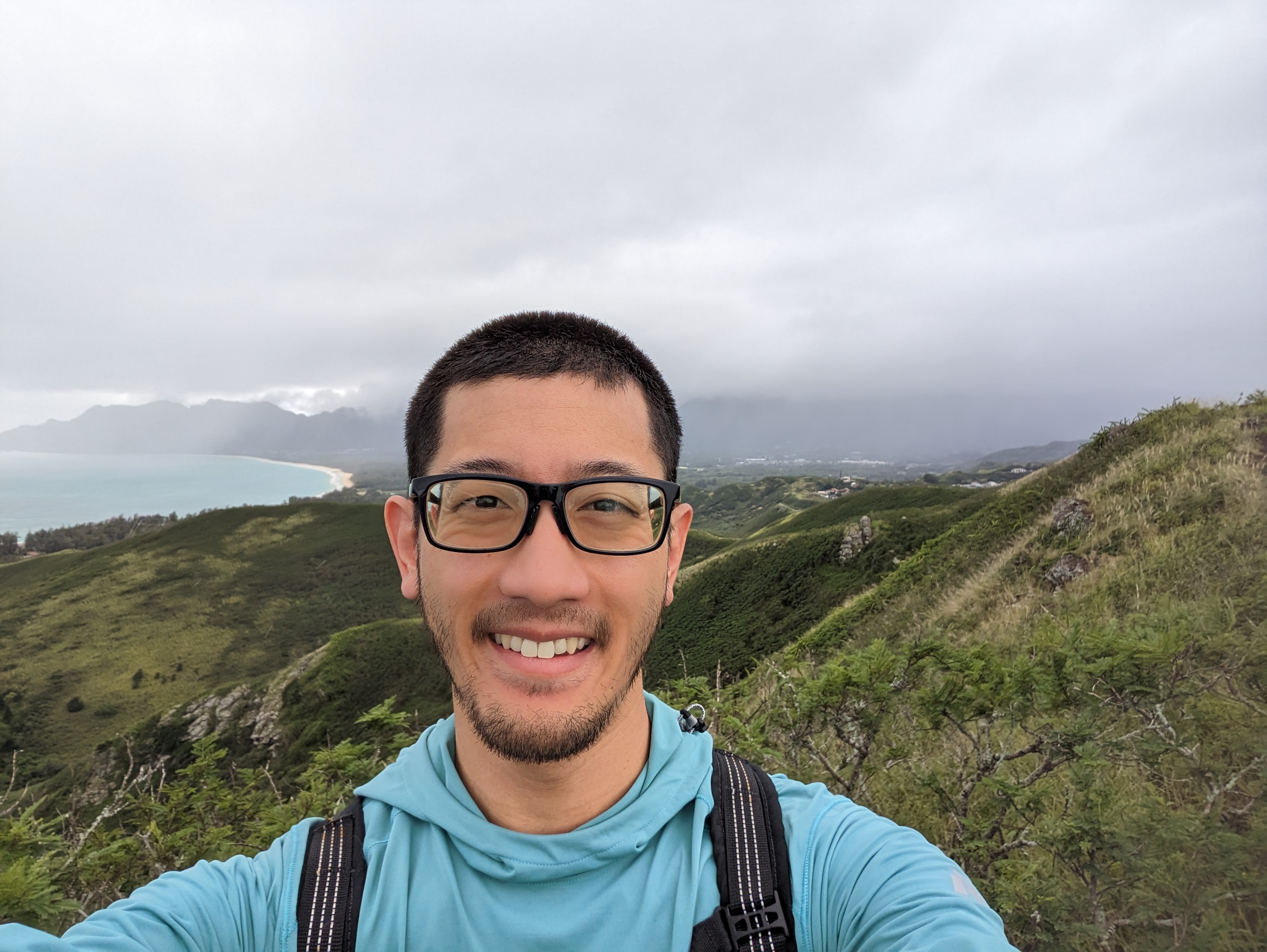Ian Yue
 Graduation Year: 2011
Graduation Year: 2011
Major: Anthropology; Environmental Studies with a Geology concentration
Why did you choose Anthropology?
When I was in high school, my father told me that if he were to get another degree, he would study anthropology at Wheaton, highlighting how unique it would be to be trained in the discipline from a Christian perspective. Once I decided to go to Wheaton, my father encouraged me to take as many anthropology courses as possible. It only took one course for me to fall in love with the field and know that I wanted to pursue it as a major.
Which courses or professors made the most impression on you and how did that affect your career choice?
I enjoyed nearly all my courses in anthropology/sociology at Wheaton, but there were a couple that stood out:
Introduction to Anthropology: A truly perfect freshman course (led by the ever-engaging Dr. Brian Howell). Learning to think differently about the world — in a memorably humor-filled environment — sold me on anthropology. Dr. Howell taught me that pursuing a course of study could be a lot of fun, not just a lot of work.
Biculturalism: I took this course from Dr. Dean Arnold in my sophomore year. What I remember most was the amount of writing we were required to do. While the countless writing assignments were laborious, I realized later on how much these exercises instilled in me essential writing skills, notably convergent and divergent thinking. Dr. Arnold also taught me how to recognize culture shock. I had undergone culture shock when I first came to Wheaton, having never been exposed to an evangelical learning and living community. For my entire freshman year, I struggled to make sense of why my transition to Wheaton was so difficult. Yet, upon learning the signs of culture shock, I was able to better understand my experience and process through it in a healthy way. In all, Dr. Arnold showed me how anthropology applied to my life.
Social Research: The only sociology course I took, it was also one of my favorite courses at Wheaton. Dr. Brian Miller challenged me to think deeply and carefully about the integration of faith and learning in ways that never felt forced or expected. His pedagogical approach made me eager to go to class each day, wondering what meaningful takeaway I would learn next. Taking this course in my final semester was a great cap-off to my undergraduate education.
How and why did you choose to follow your path beyond graduation and what are you doing now?
What I took from the anthropology and sociology department was how valuable others' perspectives are and how my way of thinking is not the only way of viewing the world. This realization motivated me to pursue a career that would continually challenge me to learn more about the world and the people that inhabit it.
I currently work in the field of environmental collaboration and conflict resolution, which indeed requires me to understand, acknowledge, and affirm diverse perspectives. This career choice was, in particular, motivated by my interdisciplinary undergraduate education at Wheaton.
What advice could you give a potential major?
Studying anthropology is far less about building a skill set for a future job than it is about changing the way you view the world. The knowledge you gain and the personal growth you experience by being an anthropology major will benefit you in ways that no other major will at Wheaton. On-the-job skills can always be cultivated, but challenging your worldview for the better is something to be valued during your formative undergraduate years. Take advantage of the great opportunity you have before you!